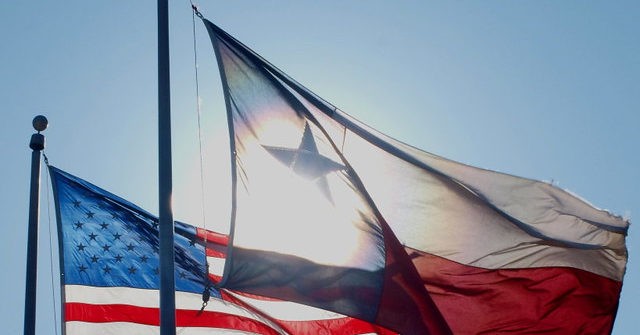meaner gene
Diamond Member
- Feb 11, 2017
- 21,936
- 18,181
Asymptomatic is not the same thing as immune, moron.
Of course immunity is asymptomatic.
Do you remember this one?
You failed logic.Yes. They are both true. I find it hilarious to discover that you are so stupid that you believe that's a contradiction.
You said immune equals asymptomatic
And then asymptomatic doesn't equal immune
Meaning there are asymptomatic people who suffer from the effects of covid.

